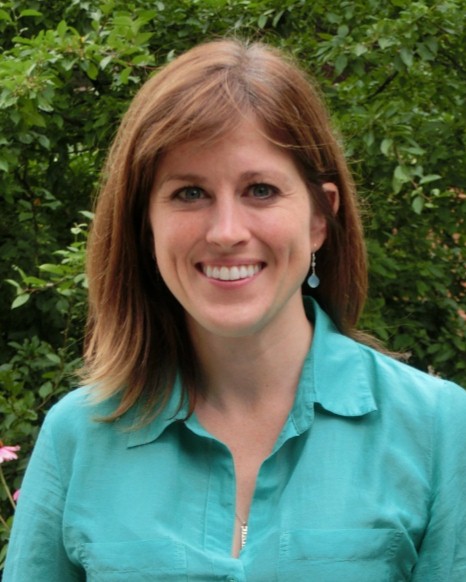
RI Seminar
November

3:30 pm to 4:30 pm
NSH 1305
Abstract:
With a prosthetic device, people with a lower limb amputation can remain physically active, but most do not achieve medically recommended physical activity standards and are therefore at a greater risk of obesity and cardiovascular disease. Their reduced activity may be attributed to the 10 – 30% increase in energetic cost during walking compared to able-bodied individuals. Several active ankle-foot systems have been developed to provide external power during the push-off phase of gait, potentially alleviation this high cost. This talk will focus on the biologically inspired design of these devices, and several of our recent and ongoing projects exploring if and how people utilize external mechanical power to influence their metabolic effort, how this is influenced by the magnitude of power delivered, and the influence of the individual’s characteristics. I will then discuss our recent efforts to evaluate powered prosthetic technology in real-world environments.
Bio:
Deanna Gates is an Assistant Professor in the Departments of Movement Science, Biomedical Engineering and Robotics at the University of Michigan. She earned her B.S. in Mechanical Engineering from the University of Virginia (2002), M.S. in Biomedical Engineering from Boston University (2004), and Ph.D. in Biomedical Engineering at the University of Texas at Austin (2009). Dr. Gates worked in engineering consulting and in civilian and military clinical gait laboratories, before arriving at the University of Michigan in 2012. Dr. Gates directs the Rehabilitation Biomechanics Laboratory focusing on the study of repetitive human movements such as walking and reaching. Throughout these studies, we try to determine which aspects of movement a person actively controls and how this function can most effectively be modeled. We can then use these models, and governing control strategies, to design both passive and active devices which can mimic biological function and restore or improve function in individuals with disability. Another focus of our research is determining appropriate outcomes to measure performance with new prosthetic and orthotic technology.
Host: Katharina Muelling
Contact: Stephanie Matvey